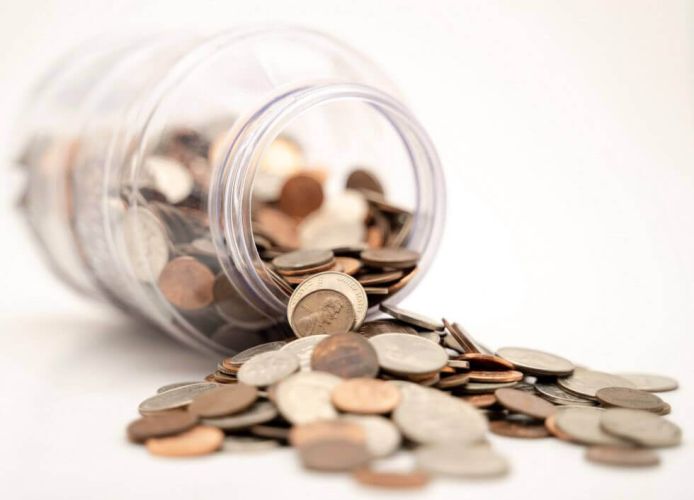Reviewing your credit reports is a great habit that can save you a lot of money. But do you know exactly what you should be looking for? If you haven’t ever done it before, you probably have no idea. That’s why in this blog we will share with you some major things to watch out for when reviewing your credit reports. So let’s begin…
- Check That You Have the Right Reports
First of all, we should talk about where you can get your credit report — and make sure you have all of them. That’s right, we all have more than one credit report. There are three credit reporting agencies (CRAs): Equifax, Experian, and TransUnion. It’s important to get one credit report from each agency since they could contain differences. If this seems a bit extreme, consider this: Financial institutions don’t necessarily report your information to all three CRAs. Therefore, you might see accounts on one or two of your reports that you don’t see on the others. What’s more, if there’s a reporting error, that error could also end up showing on only one report.
- Take a Close Look at Your Personal Information
Before you dive deep into the sections about your various accounts, take a few minutes to examine your personal information on each of the reports. Believe it or not, a mistake relating to your personal information can be one of the most damaging to your credit report, and thus your credit scores. Don’t skip this step and don’t pass go until you’re 100 percent sure that all of your personal information has been entered correctly on all three of your credit reports.
- Compare a List of All Your Accounts
This is a step you can take before you pull up your credit reports if you want to make the overall process more efficient. Simply make a list of all of your financial accounts and have it ready to go. Here’s what you’ll want to include:
- Student loans
- Credit cards
- Car loans
- Retail store cards
- Mortgages
- Personal loans
- Any accounts that have gone to collections
When you make your list, include your current balance, the open date, and any name associated with your account that shows up on your bill. One of the most frustrating things about reviewing a credit report can be that it’s not easy to see what an account might be. For example, if you have an Amazon card, it might not show up as Amazon on your report — instead, you might see the name “Synchrony Bank,” which actually issues Amazon credit cards. Here’s what you’re looking for once you have all of this information compiled:
- Make sure every account on your credit report matches one on the list. If not, it could be that you forgot one or it could be that there’s an account on your credit report that shouldn’t be there.
- Check out the status of the accounts to see if they’re open or closed. Closed accounts don’t drop off your report right away, and that’s okay. Just make sure that closed accounts aren’t showing up as being open and vice versa.
- Review the current balances but understand they might not be totally accurate. You can easily see an up-to-date balance on most of your financial accounts online, but lenders might only report once a month to the CRAs.
- Check each account to make sure your payment history is accurate, meaning you’re not seeing any late payments when you know you paid on time.
- Examine Public Records
Never heard of public records? You’re not alone. Here’s how Merriam-Webster defines the term when it’s being used in the context of the law: “A record required by law to be made and kept: a record made by a public officer or a government agency in the course of the performance of a duty B: a record filed in public office.”In the context of your credit report, public records you might see include bankruptcies, civil suits, judgments, foreclosures, and liens. According to Experian, bankruptcies are now the only public record being reported. However, if you happen to see one of the others mentioned on your report, make sure it’s accurate.
- Watch Out for Errors
You might be noticing a theme here: the main thing you’re looking for when you review your credit report is errors. Credit reporting errors can be costly to your credit scores, which can be costly to you. Think about it this way: If you’re looking for a new loan or line of credit, your credit scores will determine not just approval, but interest rates. And every small uptick in the interest rate can cost you hundreds to thousands of dollars over the life of a loan or line of credit. So, even if you aren’t worried about your credit report for any other reason, remember that not checking it and reporting errors can cost you money. If you do spot an error of any kind, all you have to do is dispute the error with the CRA showing it. Once you do, they have 30 days to review the credit report dispute and respond to you. Dovly can help you work with the credit bureaus to straighten out any inaccurate information. Dovly is a free AI credit engine that can help you track, manage, and improve your credit. Try it risk-free with our free membership tier. Get in touch with Dovly today.



